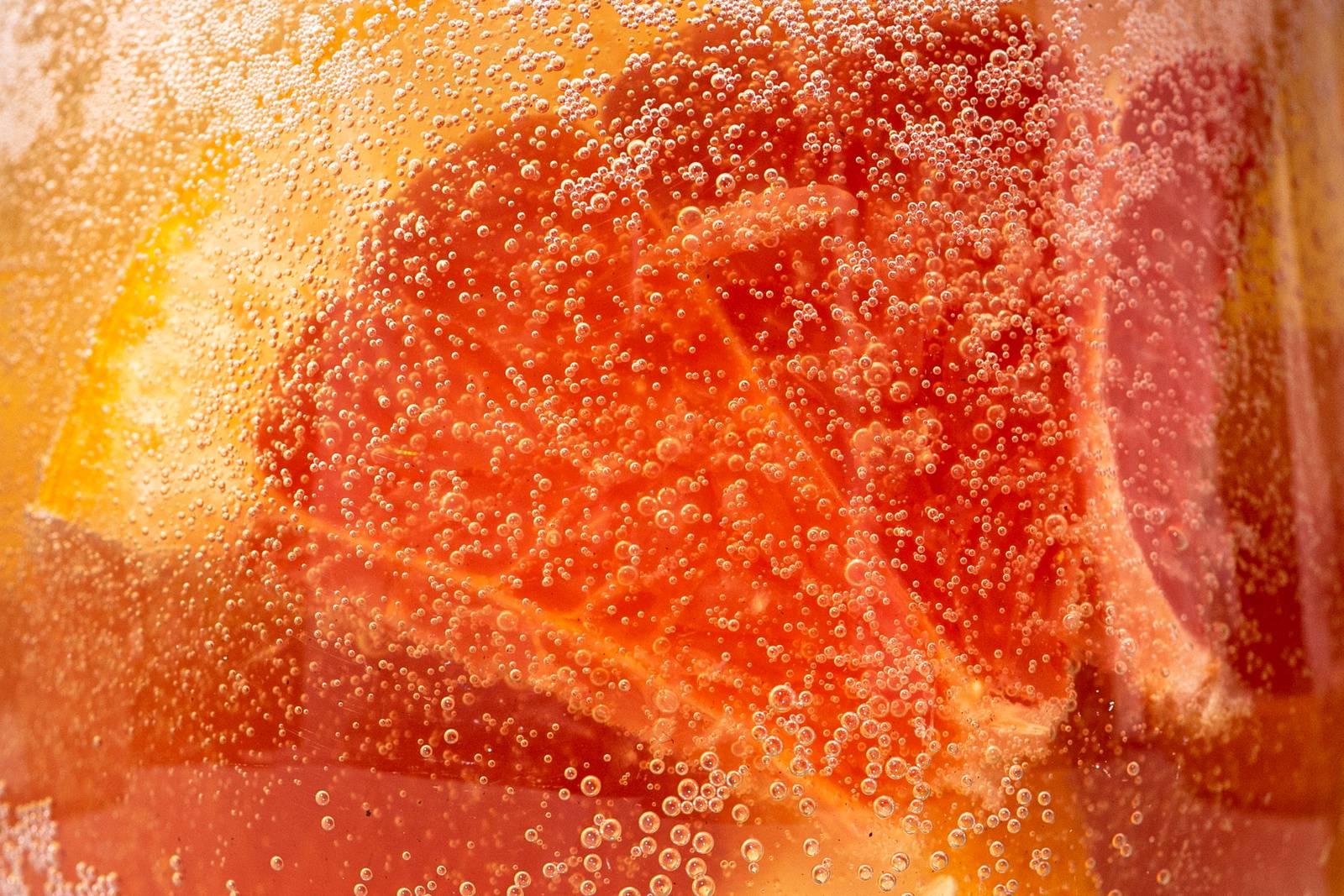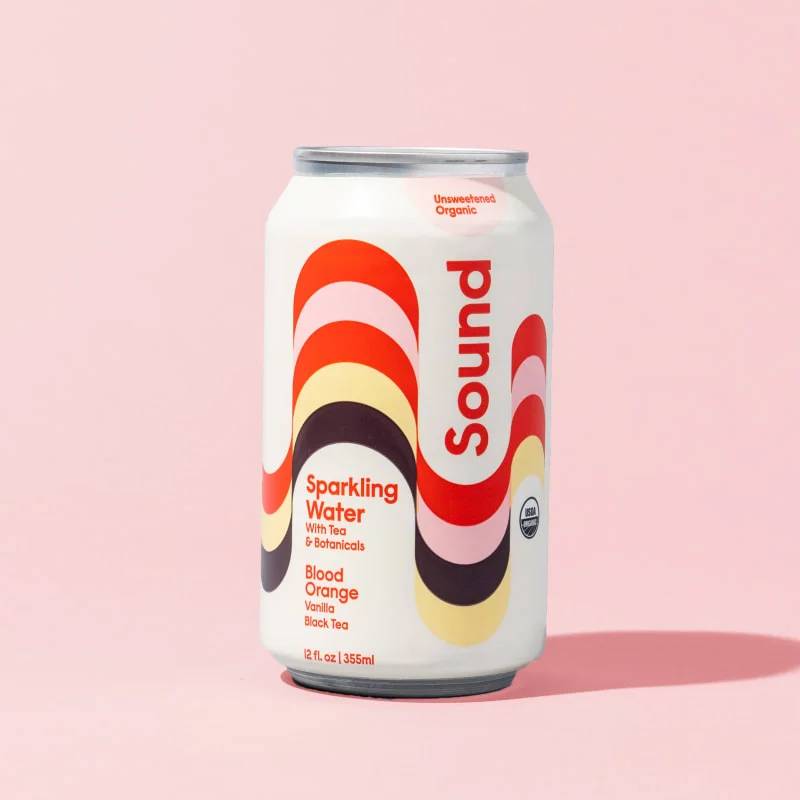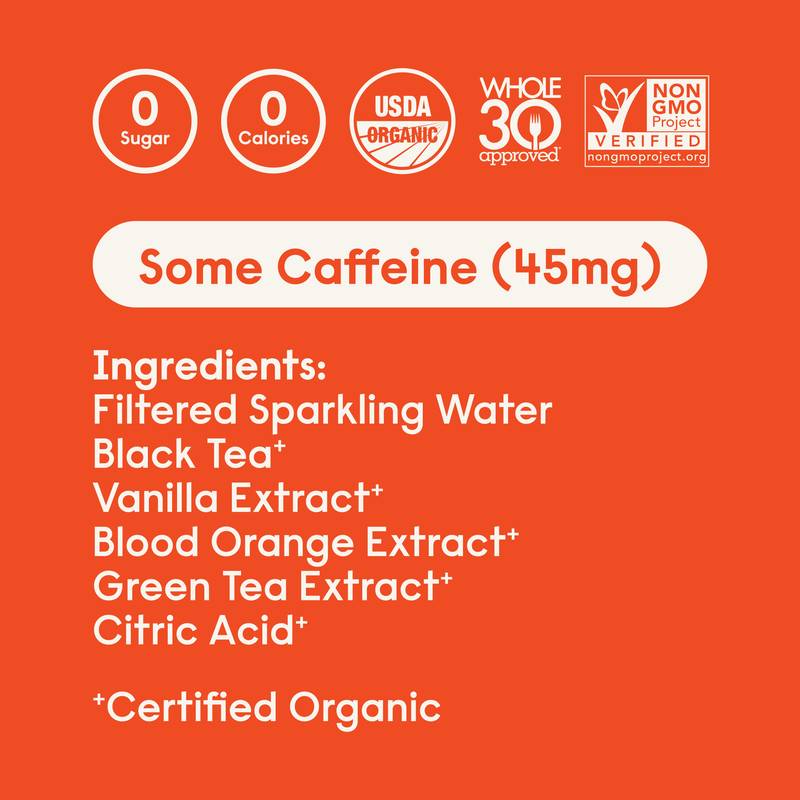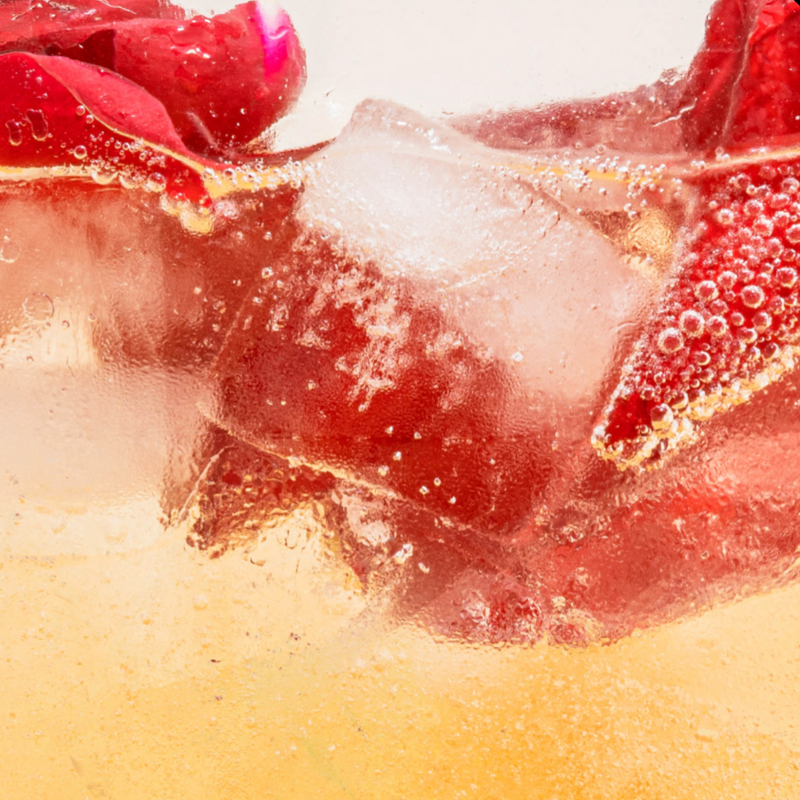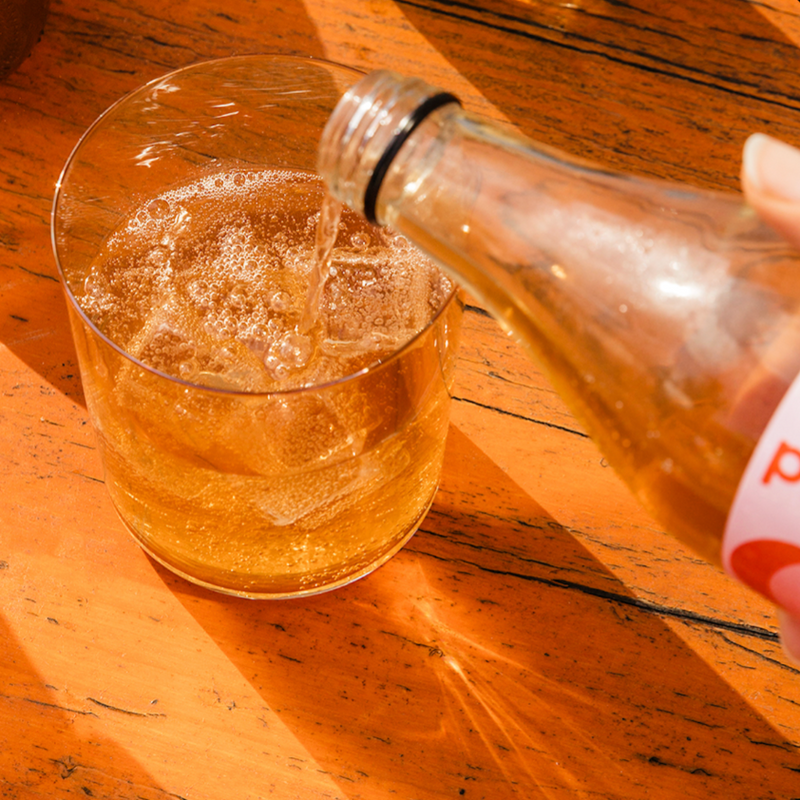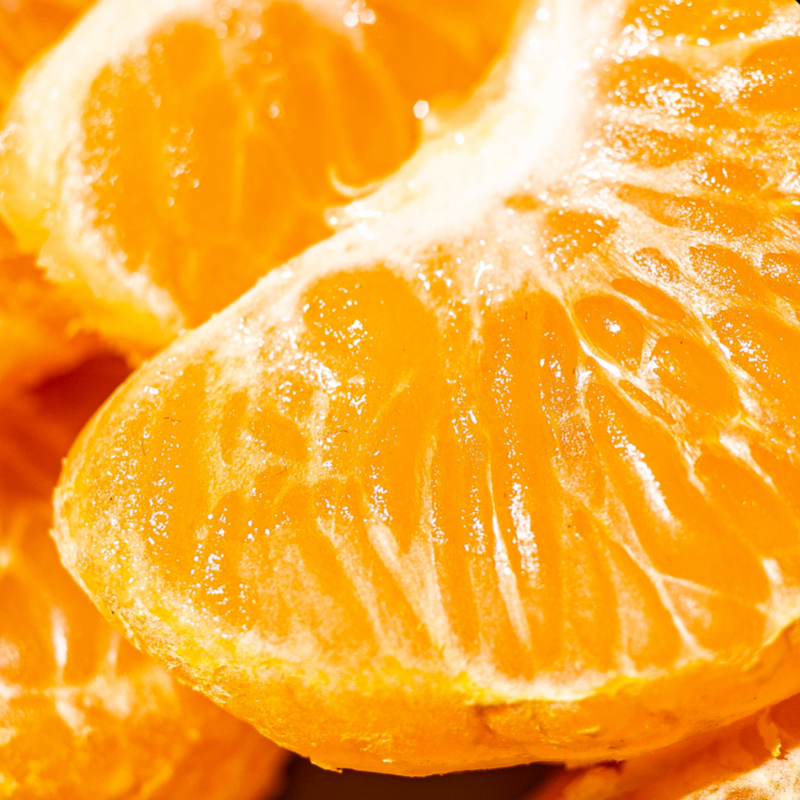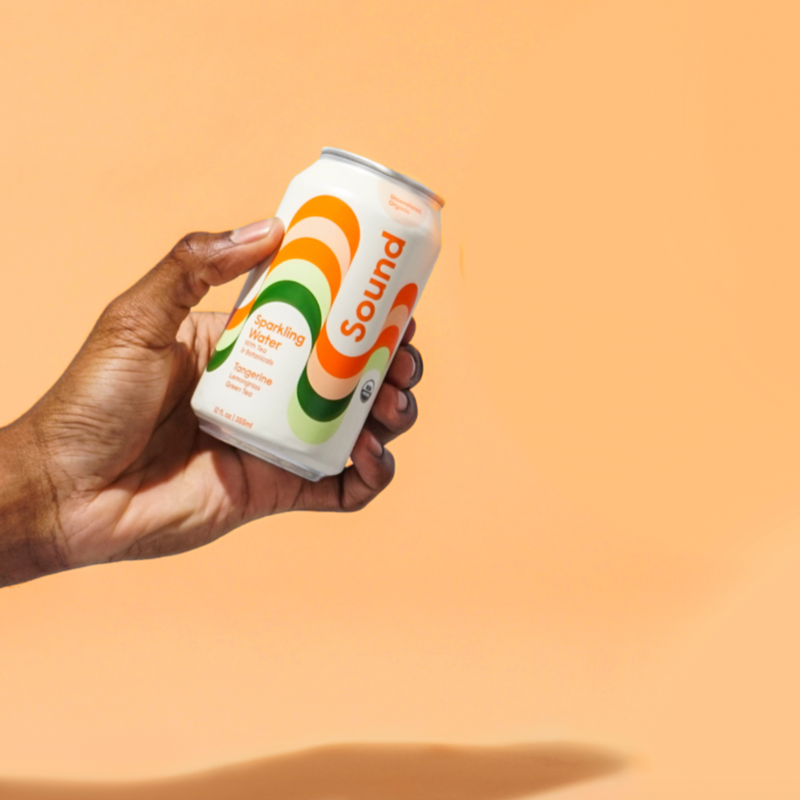With temperature records being broken all over the US right now, we're digging deep on dehydration — and more specifically, dehydration in children.
It might not be apparent but about 50% of children are dehydrated, according to a study conducted by the CDC. Boys more often than girls. Within the study that actually looked at both children and adolescents, reportedly ~25% of those aged 6 to 19 didn’t drink plain water at ALL.
Water is clearly important because most of our body is made of it - meaning we need enough so that our organs function well (think: digestion, detoxification, temperature regulation, metabolism). Staying hydrated is also keenly important for maintaining energy too. Even mild dehydration actually causes irritability, whether you're a kid or not. I think I speak for all parents when I say, if keeping hydrated is a way to reduce the likelihood of a toddler tantrum, I’m in. 🙋♀️
Signs of (even mild!) dehydration
- Headache
- Irritable
- Fatigue
- Peeing less
- Urine that is yellow
- Thirst! Once you’re thirsty, you’re actually already dehydrated!
Mild dehydration has even been associated with lower levels of cognitive functioning. And studies have shown that improvements in markers of hydration status in children are associated with better cognitive performance and mood as well.
Why sugar dehydrates us more
Unfortunately, juice or other sugary beverages are often the water substitute for kids. But because of the high sugar content in these drinks (juice often has just as much, if not more, than soda), this can actually make us MORE dehydrated. Why’s that? Because when you drink something sugary, your blood sugar level spikes within the bloodstream. Your body takes water from other cells to help get back to fluid balance (or homeostasis) within the bloodstream. This loss of fluid from cells tells the brain that you are thirsty. Through all of this, the kidneys are also asked to work extra hard to restore balance too.
Actionable tips
Here our on-staff dietitian shared some tips for limiting sugary drinks, without always having to go for straight up water! Another way to improve hydration among our kids is to improve access within schools, where kids spend much of their time. We encourage you to speak with your children's school about ways to better this situation within their classrooms, whether that be planned water breaks, keeping water as the first beverage option available in class & cafeteria, and/or planned interactive education sessions on helpful hydration.
